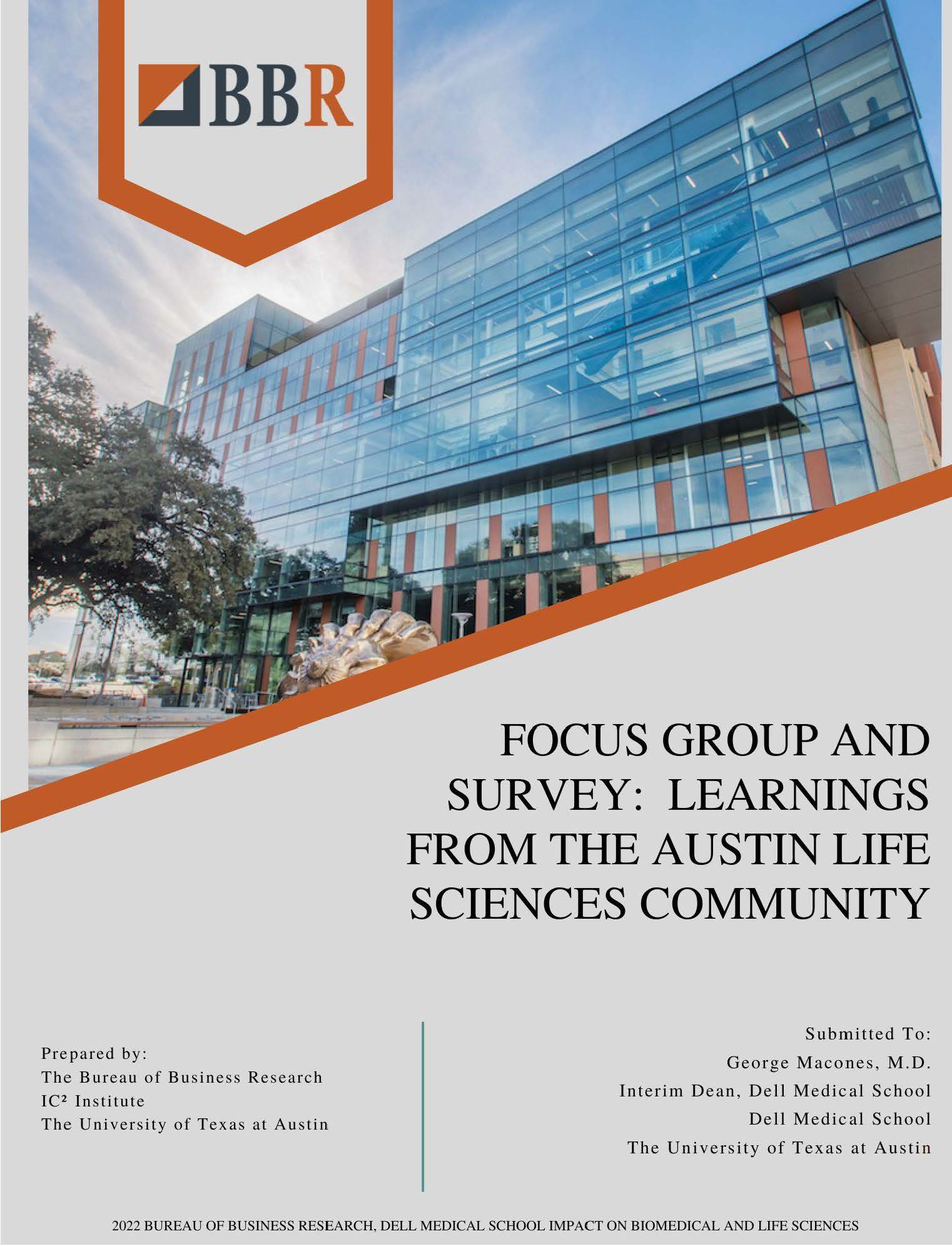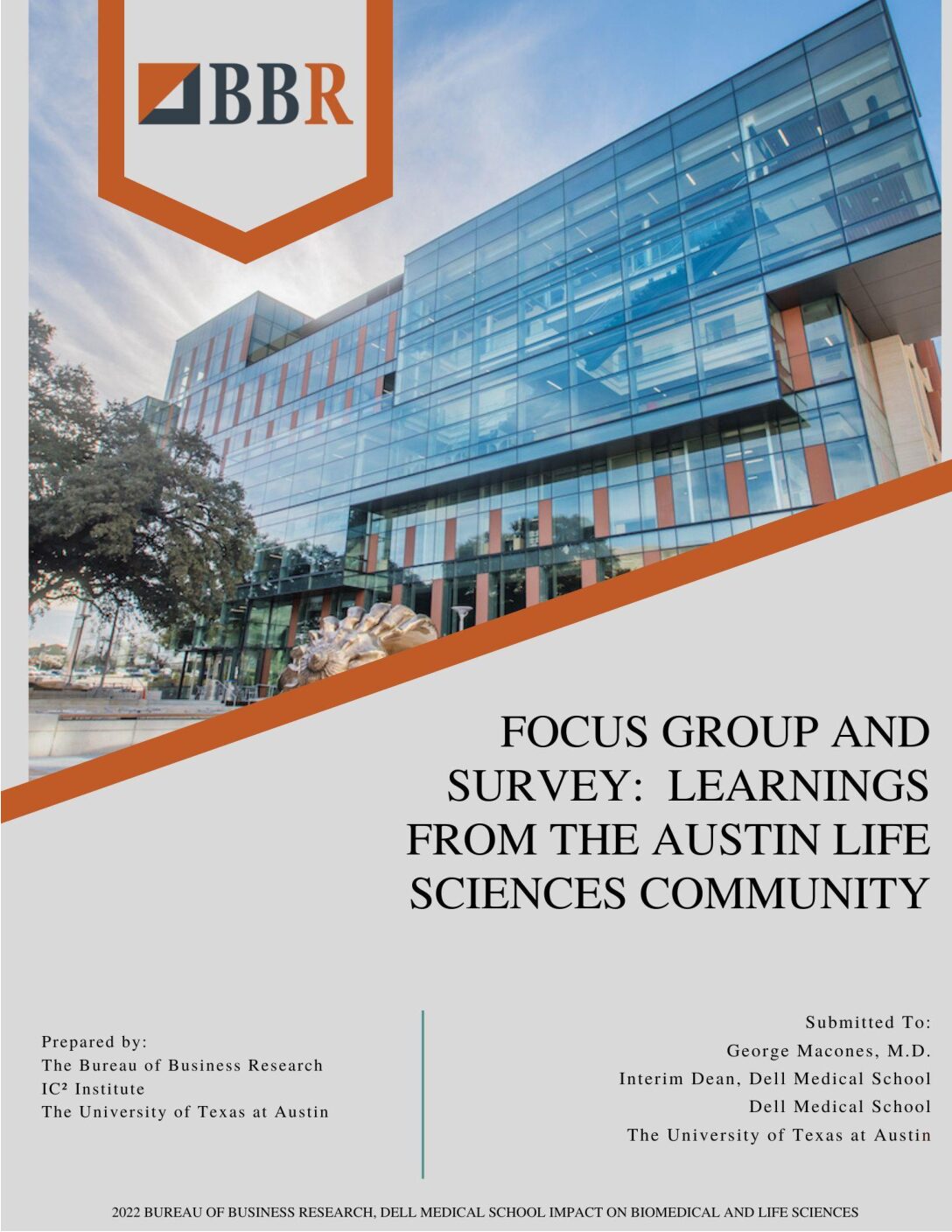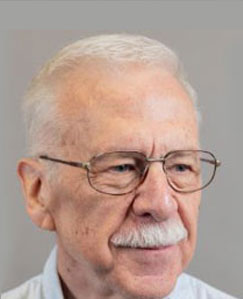
Dell Medical School Impact on Innovation: Biomedical and Life Sciences
In 2022, the Bureau of Business Research (BBR) conducted an in-depth analysis of the impact of Dell Medical School on the biomedical and life sciences sector. The final report, released in late 2022, reveals that in just eight years since launching in 2014, Dell Med is already having a higher-than-expected impact on the regional health innovation and life sciences sector – from new research and inventions to catalyzing UT campus collaborations and commercialization.
Among the report’s highlights:
-
Research Funding & Collaborative Projects:
Dell Med attracted $96.5 million in extramural and clinical-trial research funding, with funding and the number of research projects steadily increasing as the school’s research infrastructure expands and evolves. The medical school currently has nearly 100 investigators working on more than 200 collaborative research projects.
- Inventions, Patents & New Technologies: 143 invention disclosures list Dell Med faculty or students as inventors, translating into 77 provisional patents, 45 utility patent applications and 12 issued patents. Additionally, 12 existing companies and five newly formed companies have executed licenses for Dell Med-associated technology.
- Higher-than-expected Innovation Outcomes: Comparing cumulative grant funding with filed invention disclosures showed a four-fold higher number of disclosures involving Dell Med when compared with BBR research team expectations based on published reports and national averages.
- Higher-than-expected Impact of Collaborations with Other UT Austin Colleges & Schools: Estimated collaborative grant totals involving Dell Med and a Principal Investigator, or PI, from another UT Austin college or school revealed 3.5 times more invention disclosures than expected by the BBR team based on published reports.
- Promising New Models: The signature Painstorming process and the Texas Health Catalyst program, both part of the CoLab at Dell Med, are examples of promising new approaches to support innovator teams navigating the complexities of commercialization.
- Return on Investment (ROI): Through the Texas Health Catalyst program, seed funding from Dell Med, partners and philanthropy for UT innovators has generated significant ROI: $61 in next-stage funding for each dollar invested.
Media
Dell Medical School Making an Impact on Biomedical & Life Sciences Sector








